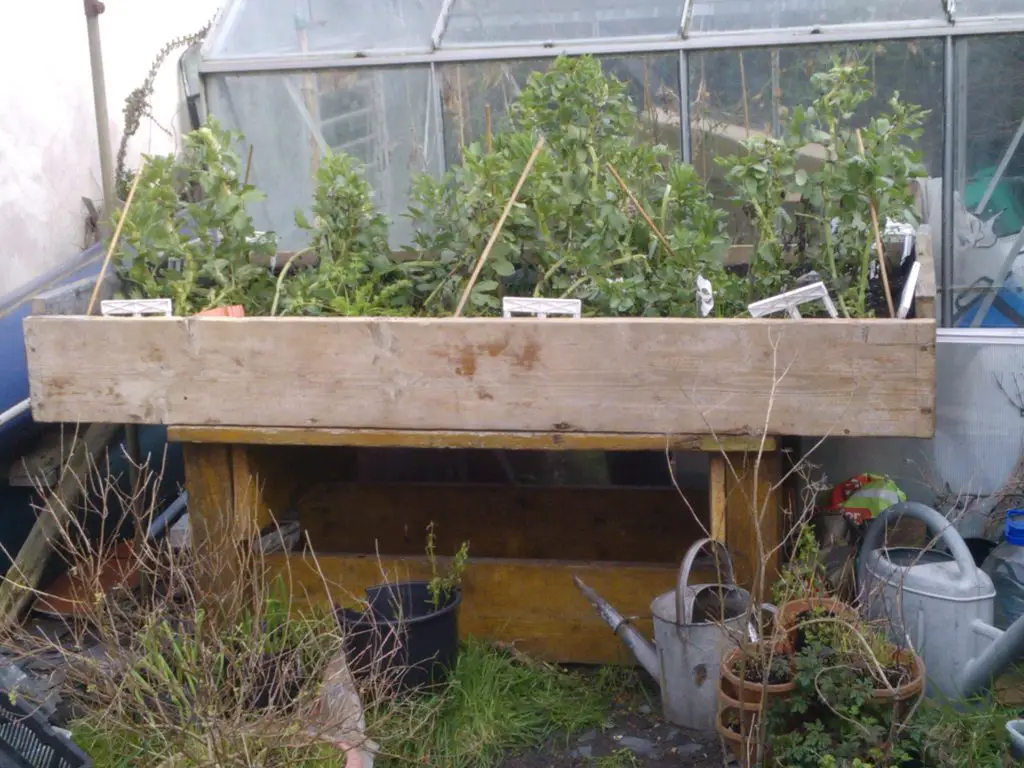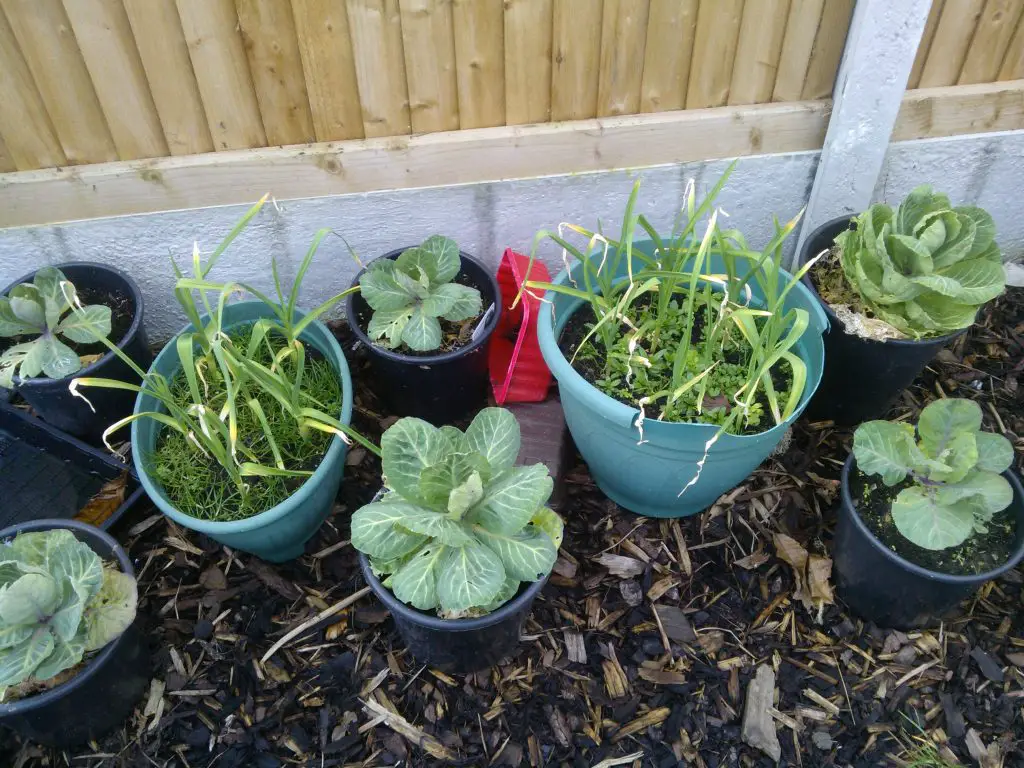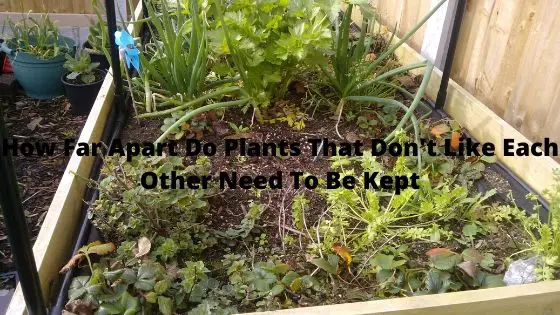I recently received a question concerning companion planting, it’s a question that I felt should be answered thouroughly and it was this. How far apart do plants that don’t like each other need to be kept? It was from Lyn who lives in London.
The E-Mail
Hi,
Thanks for your site – it is full of such useful information. I loved your video of your vegtrug too – it has really encouraged me to see how much you can fit in such a small space.
I have a small london garden and have put a raised bed (roughly six foot by 3 foot) in. I’m hoping to grow veg in there and in pots on my patio.
I have a question about companion planting, if that is ok. How far apart do plants that don’t like each other need to be kept? In my case, should I basically choose between peas and garlic, for instance or would peas in one end of the raised bed and garlic at the opposite end, with stuff in between be far enough apart?
I hope that doesn’t sound like a silly question. I’m very much a beginner.
Best wishes,
Lyn
My Thoughts On This
First off no Lyn it doesn’t sound like a silly question, there’s no such thing as a silly question. I apologise for not making things clearer in my original post. I hope I can remedy that for you and anyone else now.
Secondly, thank you Lyn, for your kind words about my site, it was originally set up just for me as a reference. But it has grown into an international gardening site and I get comments from all over the globe. I wasn’t sure about adding video footage so I’m glad you find it encouraging.
How Far Apart Do Plants That Don’t Like Each Other Need To Be Kept?

In general terms, the further away from each other you can keep plants that don’t get on, the better. Some plants like fennel should be kept completely away from everything else. Others have certain types of plants that they don’t get on with. There are even some that need to be kept apart because they share the same diseases and susceptibility to infections.
How Far Apart Should Peas And Garlic Be Kept?
All legumes (peas and beans) fix nitrogen in the air, and in order to do this they rely on bacteria found in the soil. Alliums (garlic, onions, leeks, and chives) exude chemicals through their roots that actively destroy this bacteria and that’s why they need separating. The question is how far apart do they need to be.
Ideally, they should be grown in separate beds completely and legumes should never follow alliums in that bed. That’s not always possible due to space restrictions and so growing them at either end of a 6 foot bed will work.
In my vegtrug last year I had onions and garlic chives at one end and dwarf beans at the other end. I have a medium vegtrug which has roughly the same dimensions as your bed Lyn so growing peas at one end and garlic at the other will be fine.
Where Am I Planting My Garlic And Peas?

This year I have all my garlic in large pots and my other raised bed is going to be dedicated to legume growth only. I’m also going to introduce another small bed for onions and possibly some leeks too. On a side note I like to grow onions or garlic in companion to strawberries.
The strong aroma from onions keeps many of the pests away from my strawberries. That said I still have to deter the birds. That can be a problem in itself, as birds are great allies for the organic gardener.
They deal with slugs and other pests so it’s about finding balance. Any way I’m begining to ramble off topic so I’ll conclude with this.
Lyn from London thank you so much for your e-mail and for your intelligent and very relevant question. I hope this goes some way to answering it for you, and I wish you every success with your gardening adventure. You will get successes and failures as you get growing, but I always look at the failures as lessons.
I find keeping a log of what you plant, where you plant it and how it does along with weather conditions helpful. Plants that do well one year, can fail in year two, so it’s good to be able to refer back and see what’s changed. Sometimes climatic conditions make a huge difference.
Sunshine hours, temperature variations, watering etc. can all make a difference and are worth bearing in mind. So if things do go wrong persevere and concentrate on what works. Then next year try again.
Good luck and happy gardening.

